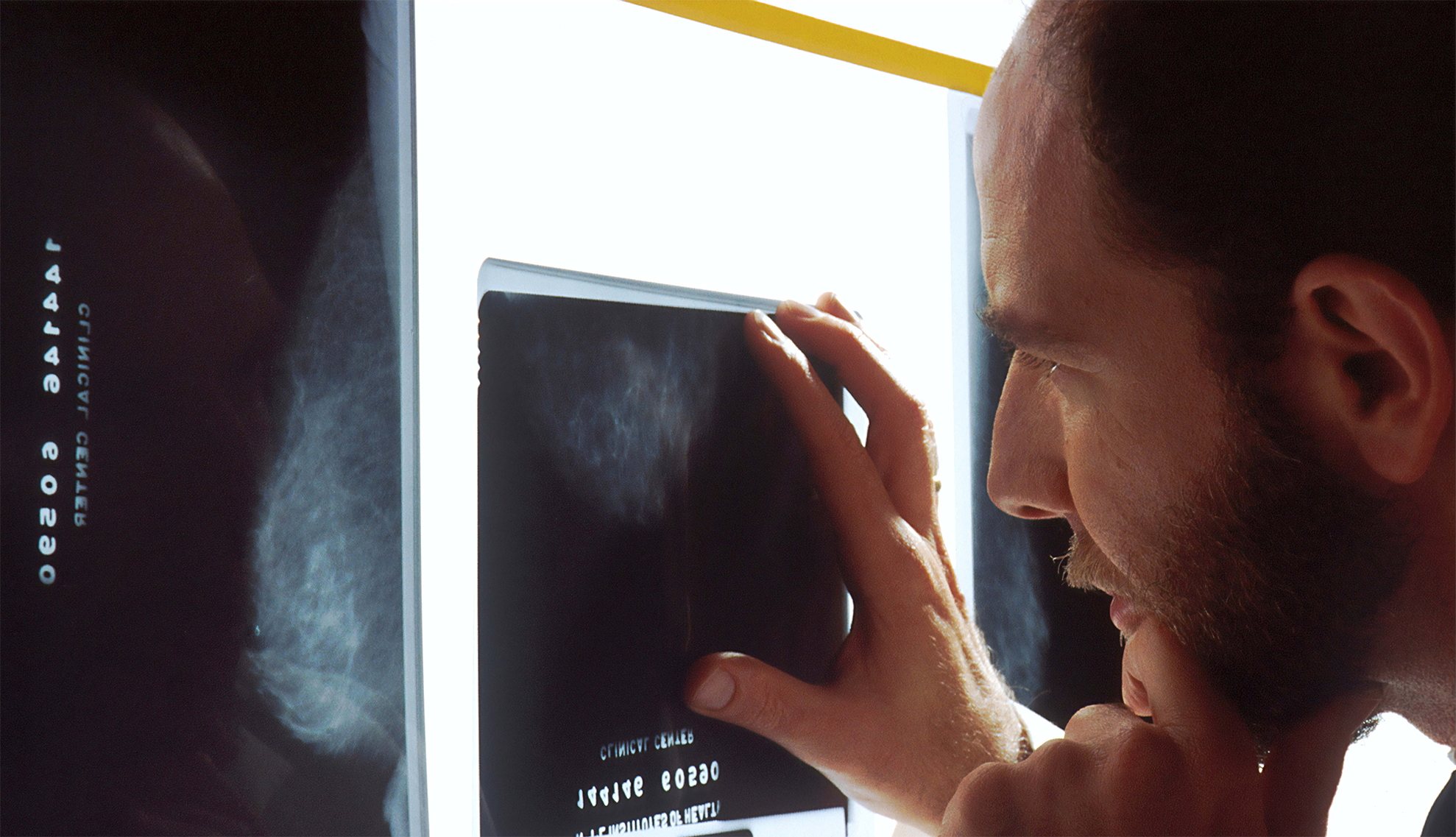Why I Chose A Radiology Specialty
- by
- Sep 02, 2020
- Reviewed by: Amy Rontal, MD

As a Caribbean medical student doing rotations in the United States, my schedule wasn’t quite “fitting” well with my Drexel University colleagues rotating at the same hospital. To solve the dilemma, we took a “pre-clinical” elective which was randomly assigned. As luck would have it I was assigned radiology. I showed up the first day with a minty crisp white coat, badge clipped to my upper right pocket, 8 pens (see my previous post on holiday wish list), and my copy of Felson’s in hand. The medical coordinator greets us and brings us to the main reading room.
My first thoughts walking in (in no particular order):
1. Why is everybody whispering?
2. Why is nobody looking up at us?
3. Why do you need 4 monitors to read a radiograph?
4. What’s up with the “scratch that, scratch that, scratch that”?
That month as a medical student was most definitely the most boring month of my life. Sitting behind other physicians as they talked gibberish into a microphone, I often found myself making up impromptu 3:30 meetings or taking extended lunches. It was boring, I learned nothing about the field, and I eventually felt neglected. This is the standard I’ve been hearing as a radiology residency from the medical students; and I have been actively working to make rotations more engaging.
This blog post is wholeheartedly dedicated to giving you, the 4th year medical student applying to radiology, a realistic look into what you can expect out of this career.
What to expect when applying to a radiology residency:
1. First and foremost, radiology is ever advancing.
Beyond imaging modalities (CT, MRI, Nuclear imaging), there are countless interventional developments for the procedural individual. Take for example treatment of BPH, traditionally managed medically: we can now embolize the prostatic artery thereby decreasing the volume of the prostate and reliving obstructive symptoms. Amazing right? Other developments include MR fingerprinting, advancements in FAST MRI for mammography, and theranostics in nuclear medicine. Developments with artificial intelligence are also on the rise (no, robots will never take our jobs), allowing us to use AI as a diagnostic tool to increase accuracy.
2. Radiology is a very intrinsically rewarding career.
You have contact with people and patients in many fields such as mammography, IR, and even body imaging. You talk to countless clinicians regarding their patients (cue in the trauma team in the middle of the night).
You can choose to be in a dark room all day, or you can get on the phone and call every clinician. You can even go out and examine the patient yourself, there is nothing stopping you.
Additionally, when you look at the images not as pictures, but as a full patient with labs, history, and physical exam, you can offer a very specific differential diagnosis that will most certainly tailor therapy to improve outcomes. As a radiologist, you can help patients directly or indirectly through an accurate differential diagnosis.
3. radiology is extremely flexible.
Have you heard of the ROAD specialties to happiness (Radiology, Ophthalmology, Anesthesiology, and Dermatology)? Yeah, throw all of that out. You will be working a minimum of 60 hours a week as a radiology attending. Will you make a great salary? Yes. Will you have a great lifestyle? Yes. Will you be paged randomly for patients in the middle of the night? No.
Overall, don’t expect the golden age of radiology (30 hour weeks, making a million dollars) to come back. You will work hard and earn money. However, the benefits of being a consultant is that you can choose how hard to work. You can take a part time gig in a big institution or you can do full time telerads from home in your underwear. It is an exceptional specialty that can fit any type of personality or family situation. You do not take your patients home with you and have very little clinical responsibility when you’re not actively working.
Overall, I chose radiology for its continuing progression in technology and medical management, its self-fulfilling aspect in regards to patient care and consultation for medical teams, and its extreme flexibility. This would allow me to have everything I wanted in a medical practice while not sacrificing precious weekends, vacation time, or a reasonable salary.
I suggest during your radiology rotation you ask your attendings about their lifestyle, rather than about anterior mediastinal pathology.
Use this time to see if this specialty is a good fit for you. If you enjoy anatomy and interacting with clinicians more than seeing patients on rounds every day, Radiology might be for you. You’re going to be doing this for the next 30 years of your life, make sure you make the right decision!









